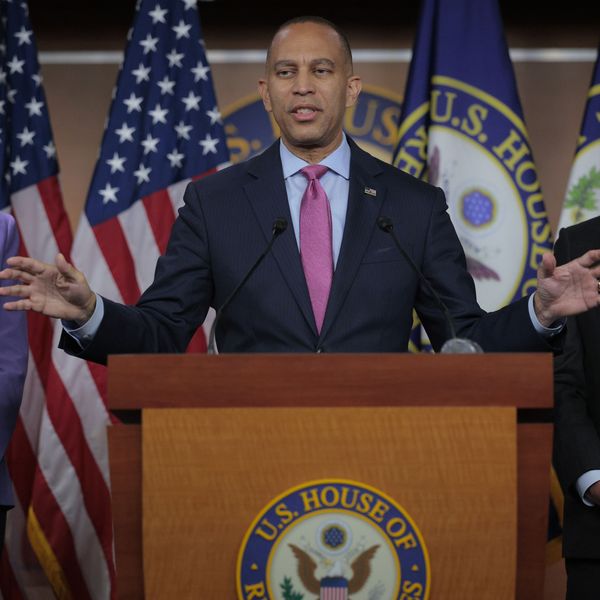On Monday, Germany became the latest country in the European Union to oppose the use of genetically modified (GMO) crops in its food supply.
German Agriculture Minister Christian Schmidt told government officials that he will seek to implement the European Union's "opt-out" rule to stop GMO crop cultivation in the country, including those varieties that may be approved by the EU, according to documents seen by Reuters this week.
Individual regions in Germany will have until September 11 to inform Schmidt if they wish to be included in the opt-out. Germany will then have until October 3 to tell the EU whether or not it will participate in the cultivation program.
Agriculture ministry spokesperson Christian Fronczak told Bloomberg, "The German government is clear in that it seeks a nationwide cultivation ban."
"There's resistance from all sides, from the public to the farmers," Fronczak said.
Scotland was the most recent country to ban GMOs, which it announced earlier this month. At the time, rural affairs secretary Richard Lochhead said concerns over GMO crops are "shared by other European countries and consumers, and which should not be dismissed lightly."
In response to Germany's move, Scottish National Party (SNP) minister Rob Gibson on Tuesday said, "Like Scotland, the German Government recognizes the importance of protecting its food and drink sector and keeping its environment said on Tuesday... The German decision shows that Scotland is now also leading Europe on GM crops.".
"Germany has committed a true act of food democracy by listening to the majority of its citizens that oppose GMO cultivation and support more sustainable, resilient organic food production that doesn't perpetuate the overuse of toxic herbicides," Lisa Archer, food and technology director at environmental nonprofit Friends of the Earth, told Common Dreams in response to the move. "We are hopeful that more members of the EU will follow suit and that the U.S. Congress will protect our basic right to know what we are feeding our families by requiring mandatory GMO labeling."
Schmidt's letter said the new effort continues a previous GMO policy. As of October 2014, more than 200 regions in the country had elected to ban the cultivation of such crops.
In April, the EU approved the import of 19 GMOs, including 11 made by agrochemical giant Monsanto, but it gave individual nations in the union the choice to opt out of selling such crops. At the time, food safety spokesperson for the Greens in the European Parliament, Bart Staes, said the approval was "an affront to democracy."
"European citizens do not want GMOs," Staes said.


